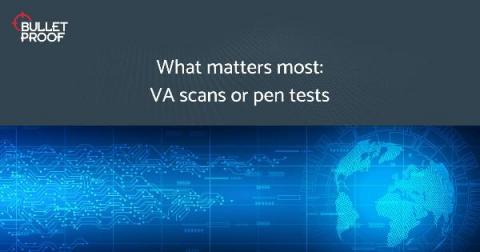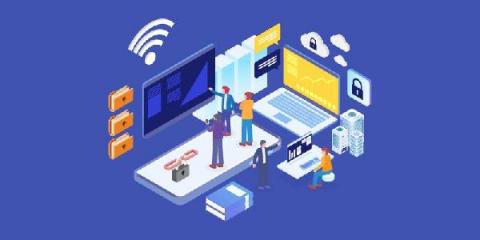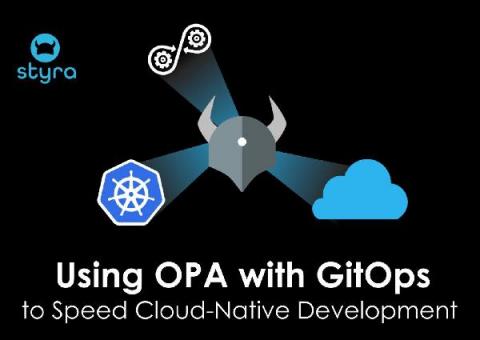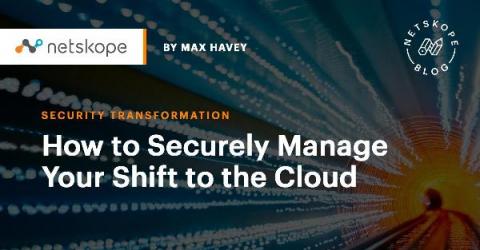Weekly Cyber Security News 26/02/2021
A selection of this week’s more interesting vulnerability disclosures and cyber security news. For a daily selection see our twitter feed at #ionCube24. Got a Mac? Lots of Macs? OK, then have this nice warm feeling that someone cares enough to give you a nice surprise sometime down the line. What to place bets on how nice that present will be?











